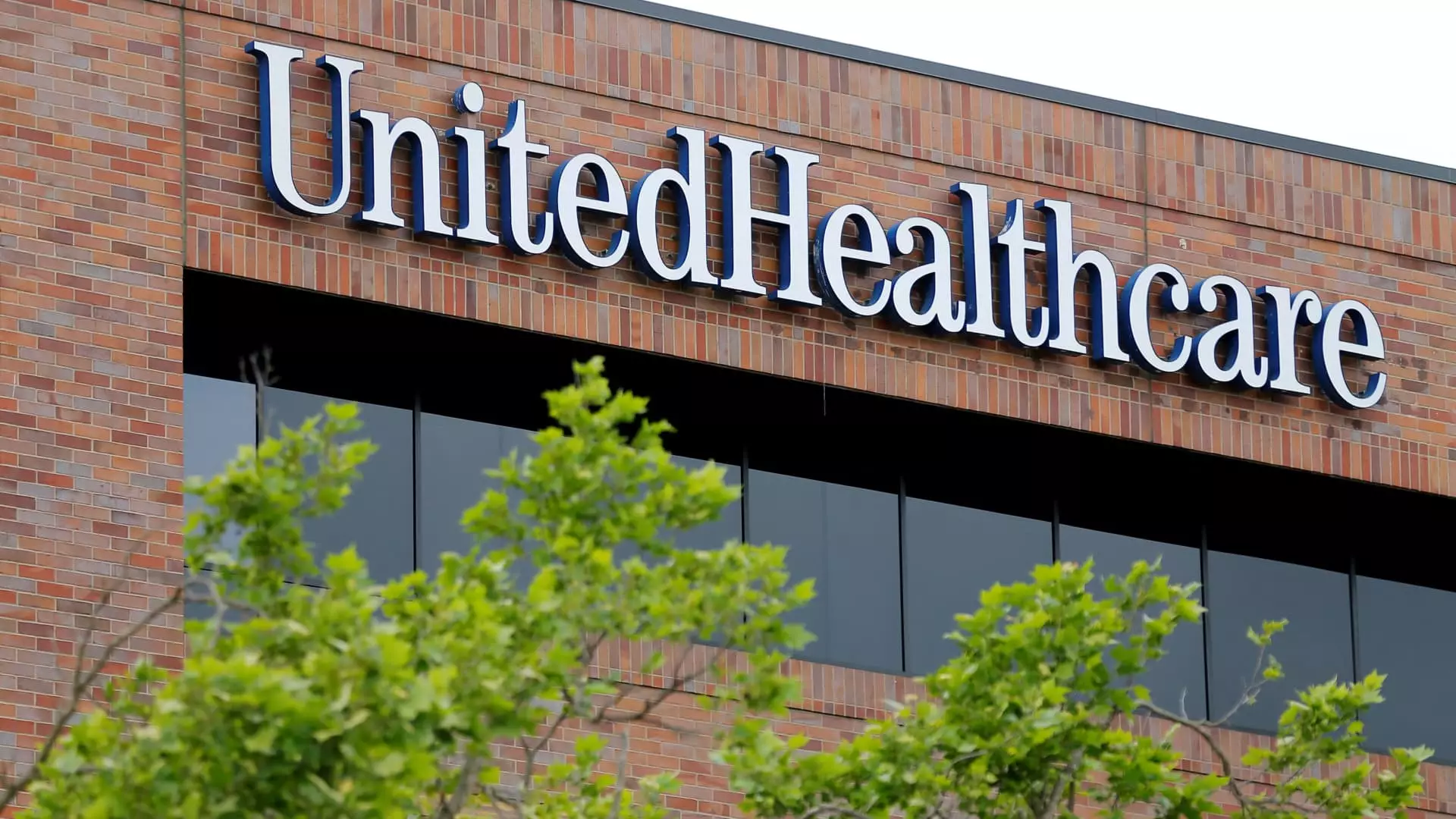UnitedHealthcare, a dominant player in the American health insurance landscape, finds itself in a precarious position. A series of unsettling developments have surfaced, including a government investigation into its Medicare billing practices and a contentious public dispute with billionaire investor Bill Ackman. These incidents come on the heels of a challenging year for its parent company, UnitedHealth Group, which has faced numerous scandals and operational hurdles. Notably, the company has struggled with the loss of a key executive, endured a significant cyberattack on its subsidiary, and has been challenged by soaring healthcare costs. As the largest private insurer in the United States, UnitedHealthcare’s recent troubles may signal potential systemic issues within the organization and the broader healthcare insurance market.
The crux of UnitedHealthcare’s current challenges stems from a civil fraud investigation launched by the Department of Justice (DOJ). This inquiry zeroes in on allegations that the insurer manipulated diagnosis coding to secure additional payments through its Medicare Advantage plans. Reports indicate that the investigation follows previous journalistic findings, which suggested that UnitedHealthcare accrued billions of dollars from questionable diagnosis practices. Medicare Advantage, which allows private insurance plans to provide supplementary benefits beyond traditional Medicare, has come under increased scrutiny as costs have risen significantly across the healthcare sector.
The implications of these investigations could impact not only UnitedHealthcare’s financial health but also the overall stability of Medicare Advantage as a viable healthcare option for seniors. As the DOJ continues its inquiry, the focus on billing practices could potentially reshape the regulatory landscape for private insurers that rely on government funding to deliver healthcare services.
In the wake of these developments, UnitedHealth Group’s stock has not fared well. Shares have plummeted approximately 23% over three months, including a notable 9% drop following the latest reports regarding the DOJ investigation. Market analysts’ reactions vary; some view the probe as a mere “incremental overhang,” while others express concerns about the long-term ramifications for the company. RBC Capital Markets analyst Ben Hendrix suggested that while the investigation could take time to unfold, it might not pose immediate significant financial threats. Investors, however, remain wary as reflecting general uncertainties surrounding the company could contribute to sustained volatility in the stock.
Compounding the situation, UnitedHealthcare is reportedly attempting to implement cost-cutting measures through employee buyouts and potential layoffs. This strategic shift is indicative of a broader trend within corporations striving to enhance profitability amid rising operational costs. The company’s focus on digital technology is likely intended to streamline services, yet the need for workforce reductions raises questions about employee morale and the organization’s long-term vision for growth. As layoffs loom, the culture within UnitedHealthcare could be affected, leading to an uptick in employee dissatisfaction and increased difficulty in retaining talent.
In an unexpected turn, billionaire investor Bill Ackman has become embroiled in the drama surrounding UnitedHealthcare. After pledging to cover the legal expenses of a physician engaged in a dispute with the company, Ackman’s stance ultimately led to public outcry against the insurer. His claims that UnitedHealth’s profitability is significantly overstated—and that medically necessary procedures are unduly denied—echo longstanding frustrations within the industry. Such public criticisms could incite additional scrutiny from investors and regulatory bodies alike. Although Ackman subsequently removed his critical comments online, the incident highlights the vulnerability of UnitedHealthcare’s reputation amidst high-profile allegations.
Lastly, UnitedHealthcare continues to grapple with the repercussions of a cyberattack impacting its subsidiary, Change Healthcare. This incident, which compromised the sensitive health information of approximately 190 million individuals, compounded the company’s challenges. Paying over $3 billion to affected providers illustrates the substantial financial impact that such cyber threats can have on healthcare providers. As the threat of cyberattacks escalates, healthcare companies must invest in robust cybersecurity measures to protect patient information and maintain operational integrity.
UnitedHealthcare’s current predicament reveals deep-seated issues in its operational framework and strategic positioning within a turbulent healthcare market. The combination of regulatory scrutiny, market volatility, workforce challenges, and the ongoing shadow of cybersecurity threats places the company at a crossroads. Stakeholders will be watching closely as UnitedHealthcare navigates these treacherous waters, while the broader health insurance sector may ultimately feel the ripple effects of the company’s ongoing struggles. As the situation continues to develop, uncertainty remains the defining characteristic of UnitedHealthcare’s immediate future.

